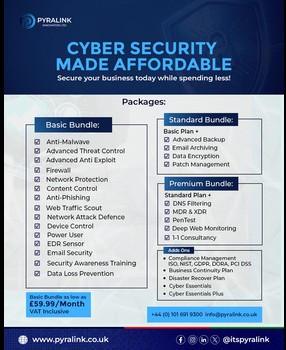Don’t Fall Victim to Cyber Attacks: How to Protect Your Online Security
This article explores strategies for safeguarding online security to prevent cyber-attacks. Key points include the importance of strong passwords, regular software updates, and awareness of phishing scams. The increasing frequency of cyber-attacks targeting individuals and organizations underscores the relevance of this topic.
By implementing the suggested security measures, individuals can mitigate the risk of falling victim to cyber threats. The article is structured to provide practical tips and guidance for enhancing online security.
1. Create Strong, Unique Passwords
One of the simplest yet most effective steps in online security is creating strong, unique passwords for each of your accounts. Using a mix of uppercase and lowercase letters, numbers, and special characters helps make passwords more difficult to crack. Avoid using obvious choices like “password123” or personal information such as your birthdate. Consider using a password manager to store and create unique passwords for all your accounts securely, as this adds another layer of protection and saves you from the hassle of remembering each one.
2. Regularly Update Software and Devices
Outdated software is one of the most common gateways for cyber-attacks. Cybercriminals exploit known vulnerabilities in outdated software to access systems, steal data, or install malware. Regularly updating your devices and software closes these gaps, as updates often contain essential security patches. Turn on automatic updates when possible, to protect you with the latest security enhancements. This applies to your operating system, apps, browser, and other tools or software.
3. Stay Vigilant Against Phishing Scams
Phishing scams are one of the most common tactics used by cybercriminals. These scams often come in emails, texts, or fake websites that appear legitimate but are designed to trick you into sharing personal information or clicking malicious links. Be cautious about any unexpected or suspicious messages, especially those asking for sensitive information or urgent actions. Always verify the sender’s email address and look for any red flags in the message, like poor grammar or unrealistic claims. When in doubt, contact the company or person directly through official channels.
4. Enable Two-Factor Authentication (2FA)
Two-factor authentication (2FA) is an additional security layer that requires verifying your identity through a second method, such as a code sent to your phone after entering your password. This extra step makes it significantly harder for attackers to access your accounts, even if they manage to steal your password. Enabling 2FA on your accounts, particularly for email, banking, and social media, effectively enhances your online security.
5. Use Secure Networks
Avoid accessing sensitive accounts or performing financial transactions on public Wi-Fi networks, as these are often less secure and more susceptible to attacks. If you need public Wi-Fi, consider using a Virtual Private Network (VPN) to encrypt your internet traffic and keep your data private. A VPN is beneficial when traveling or working remotely, as it allows you to connect to the internet securely from virtually anywhere.
6. Educate Yourself on Emerging Threats
The world of cybersecurity is constantly evolving, with new threats and vulnerabilities emerging continually. Stay informed by regularly reading reliable cybersecurity news sources, following experts on social media, or signing up for security newsletters. Educating yourself on current threats helps you stay aware and empowers you to recognize and respond to suspicious activity.
Why Cybersecurity Awareness Matters
Cyber-attacks are not limited to large corporations; they also increasingly target individuals. Cybercriminals often go after those who may be less prepared or unaware of the risks, making everyday users a prime target. Taking proactive steps to safeguard your online presence reduces the likelihood of falling victim to attacks, keeping your data and personal information safe.
Conclusion
Cybersecurity is not something to overlook, especially in our increasingly digital world. You can significantly reduce your risk of cyber threats by implementing solid passwords, staying cautious with online communications, enabling two-factor authentication, and keeping your software up to date. With a little effort and vigilance, you can protect yourself and avoid becoming a victim of cyber-attacks. Taking charge of your online security is essential to safeguard your digital life and ensure your personal information remains private.

